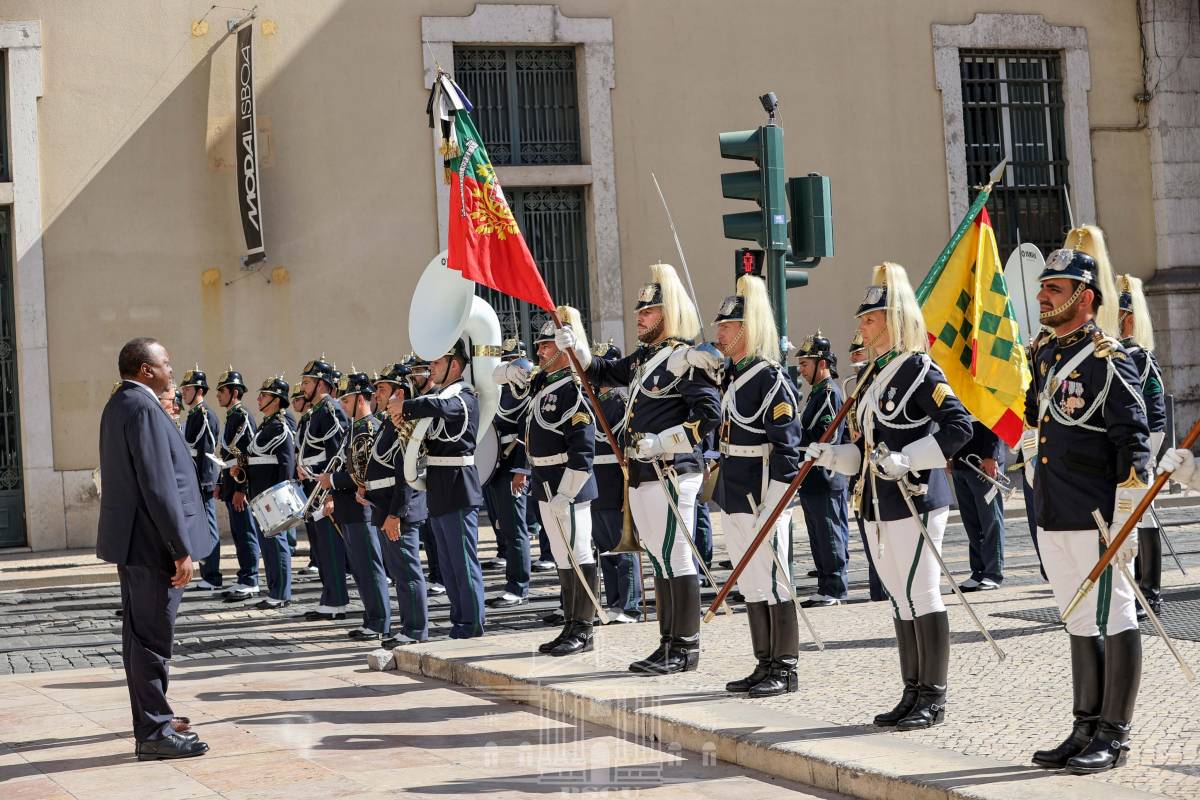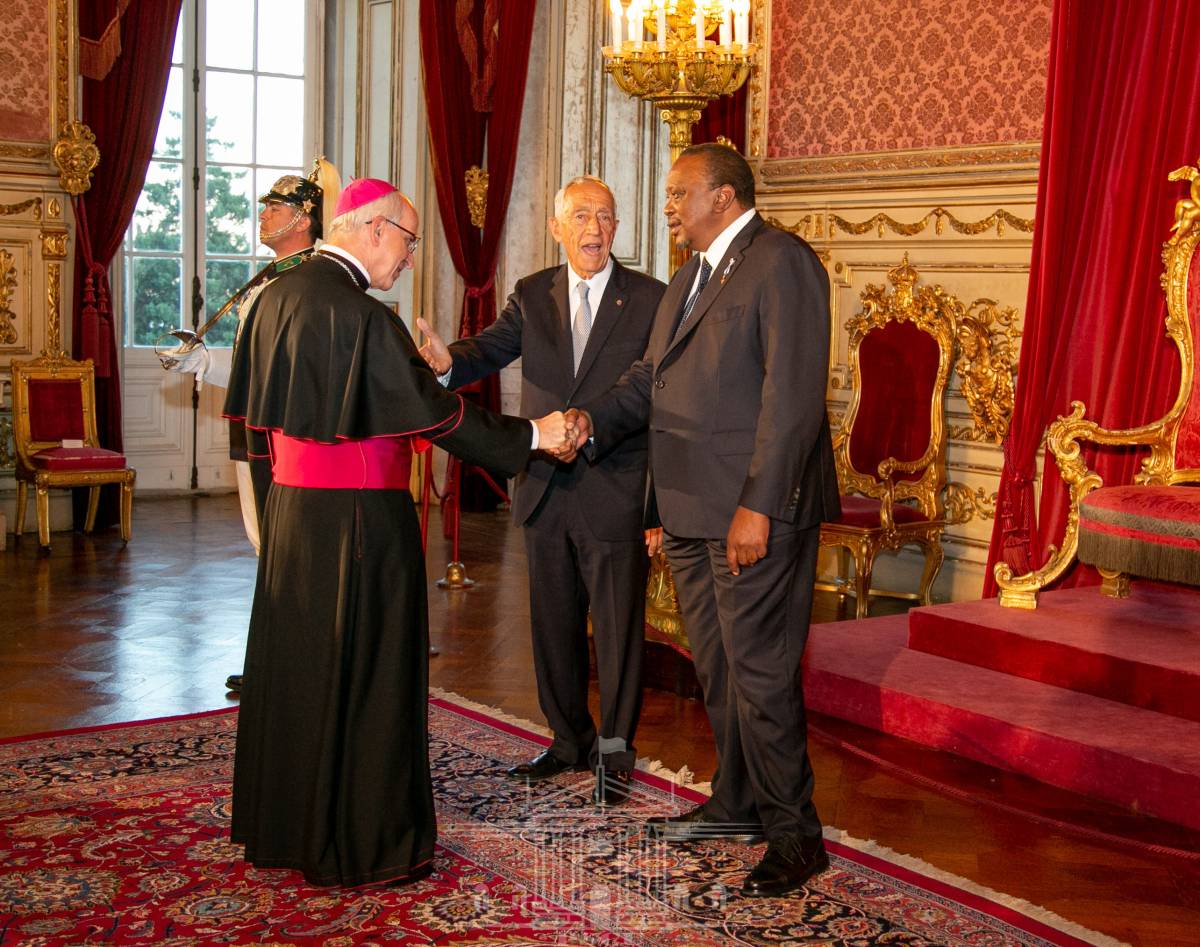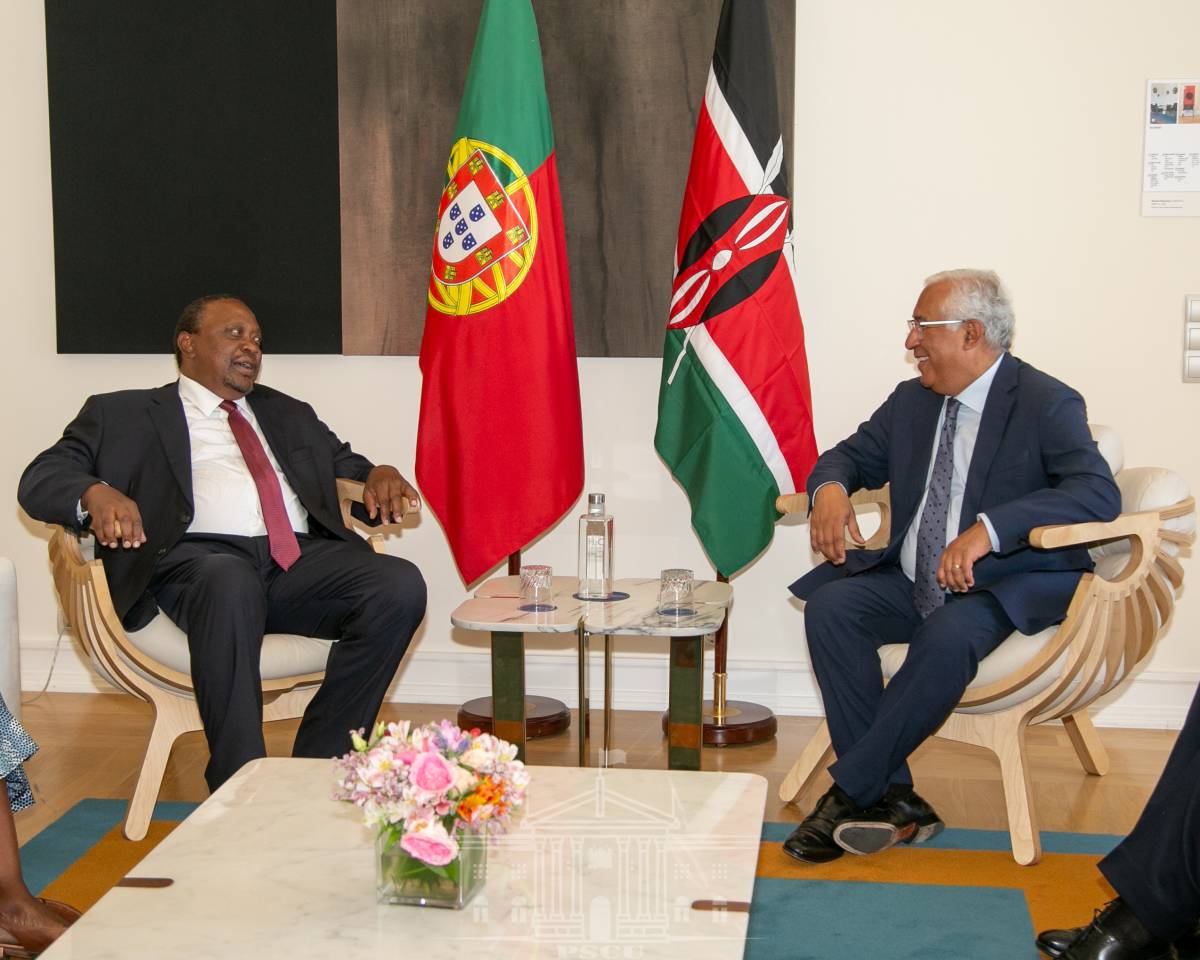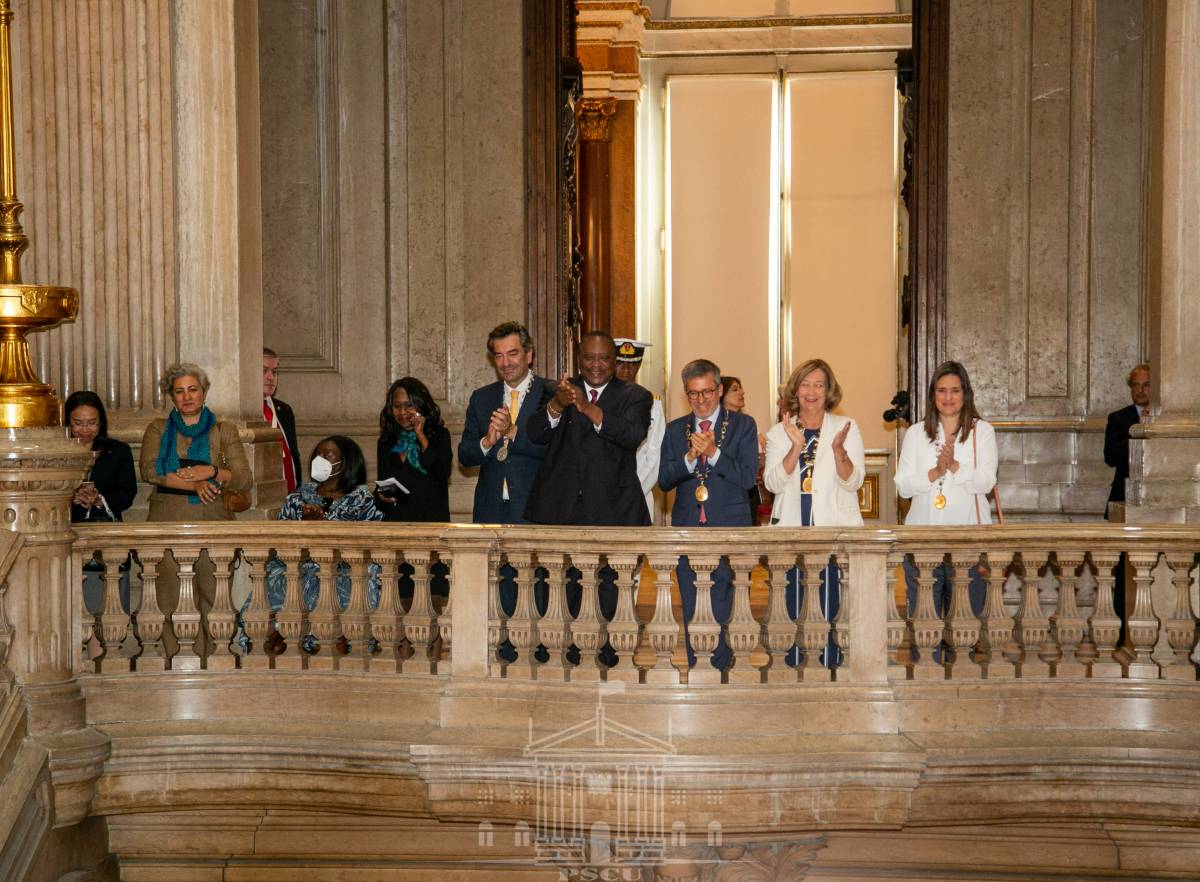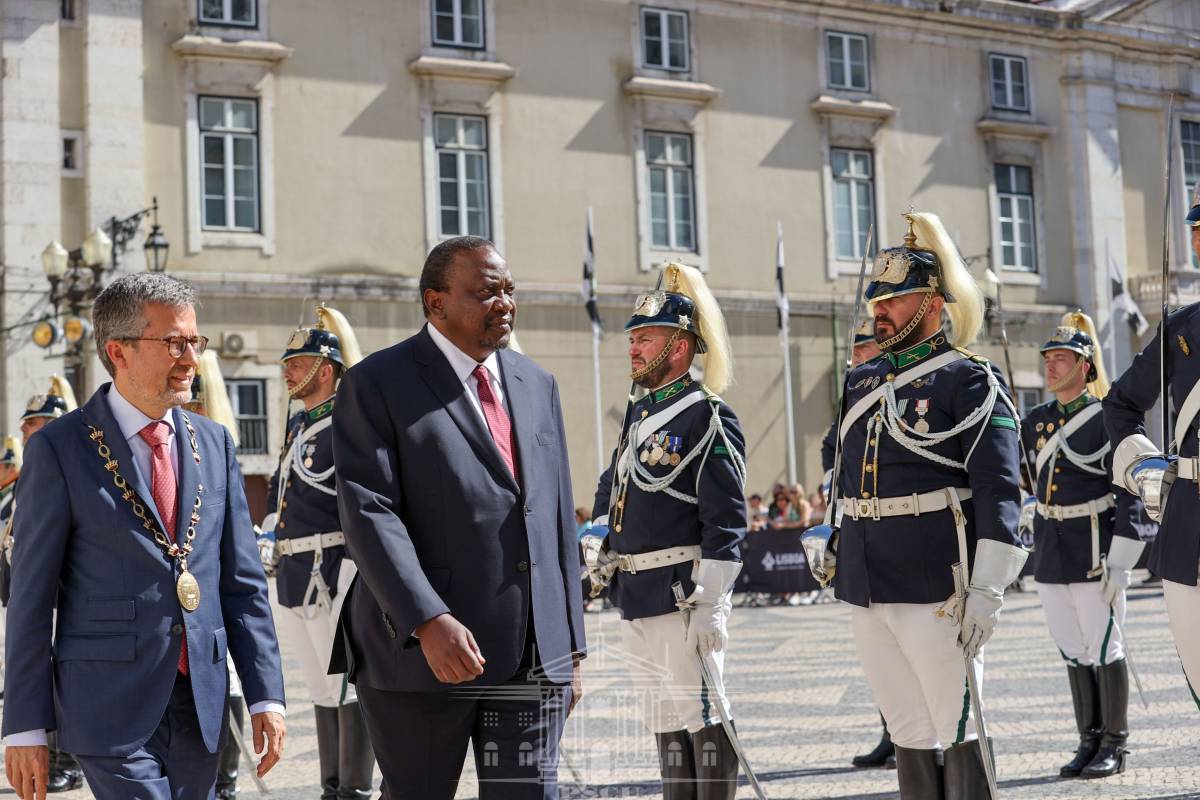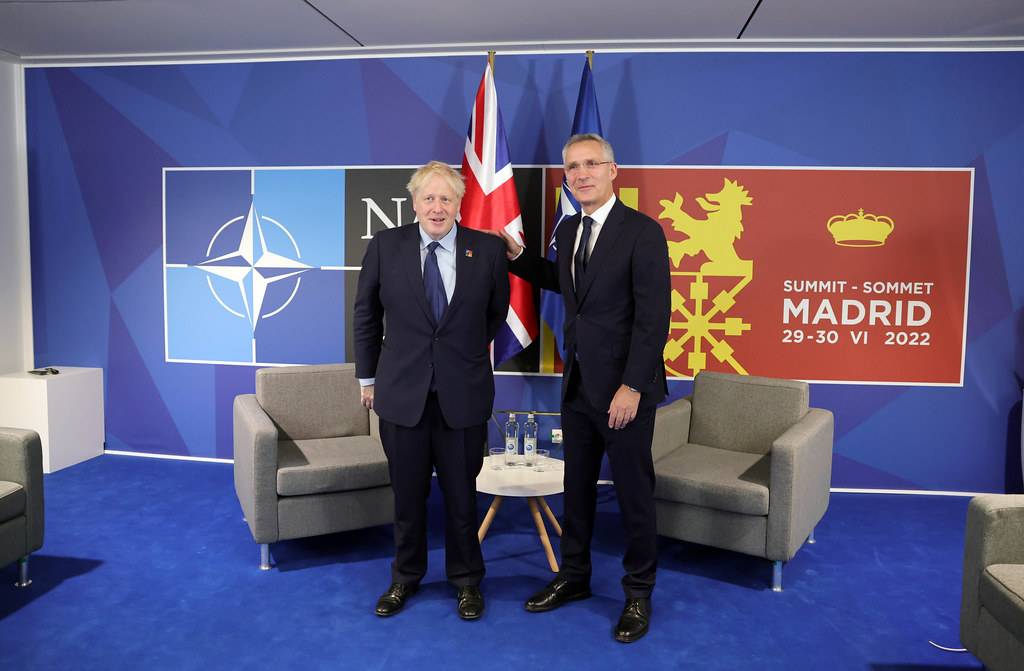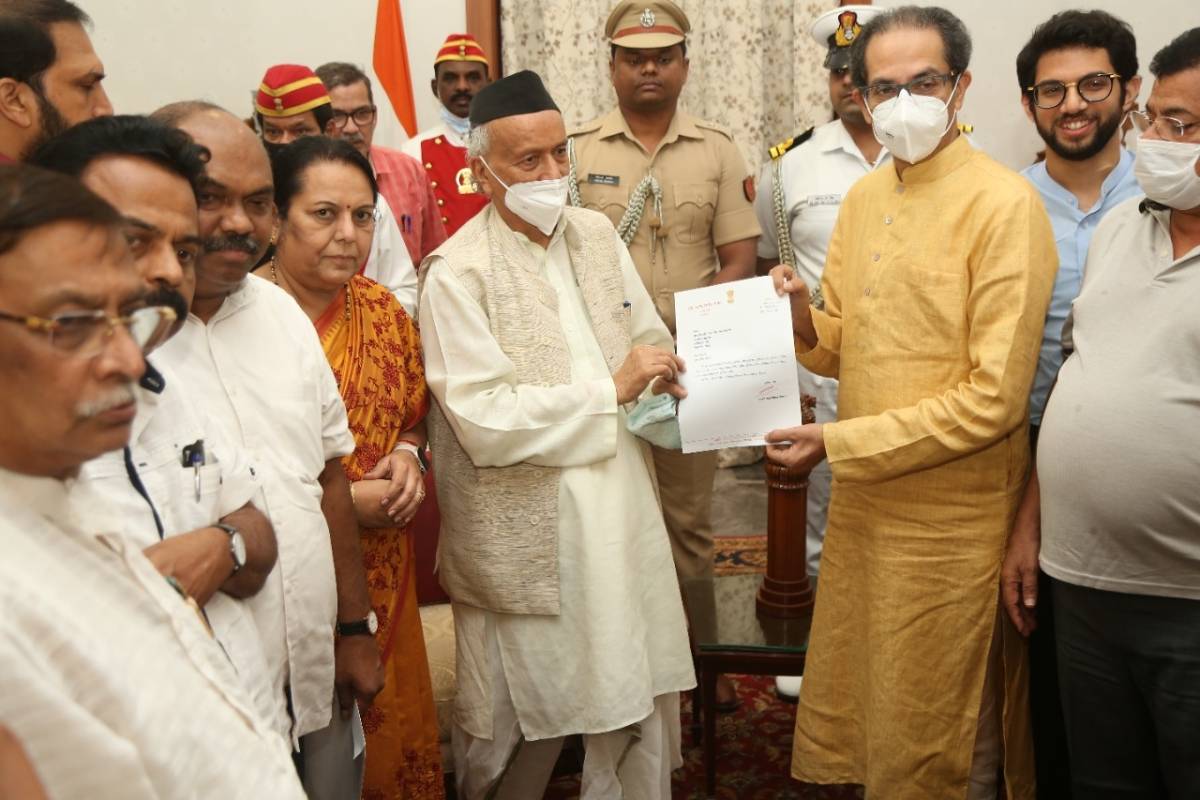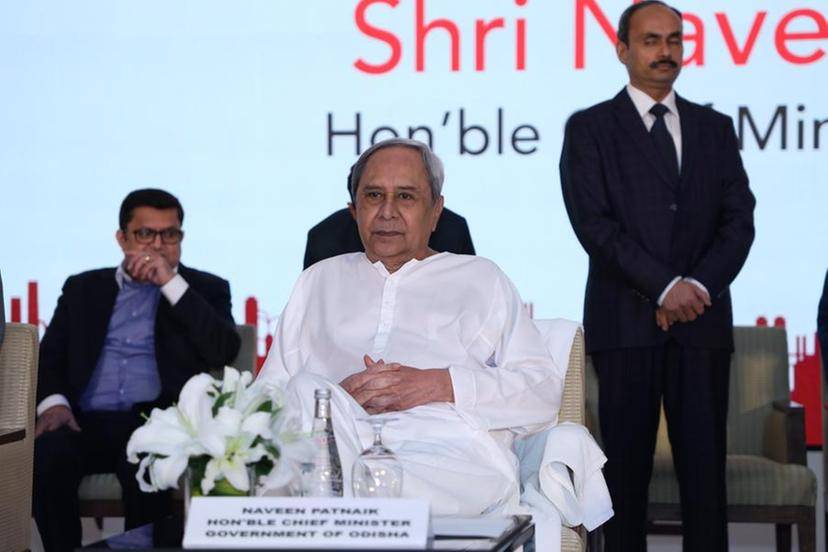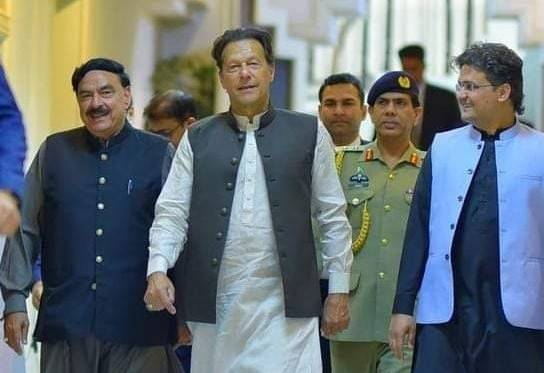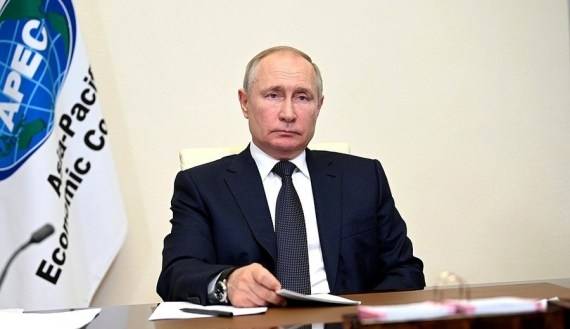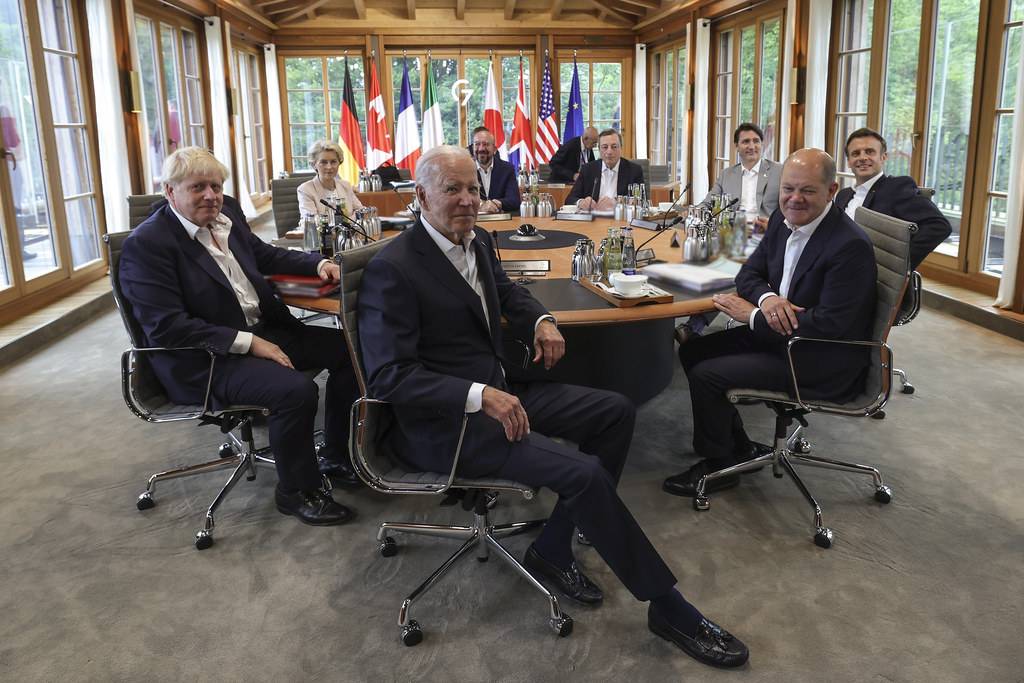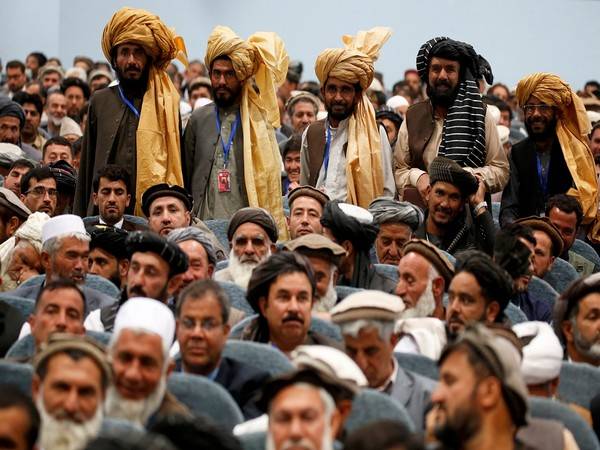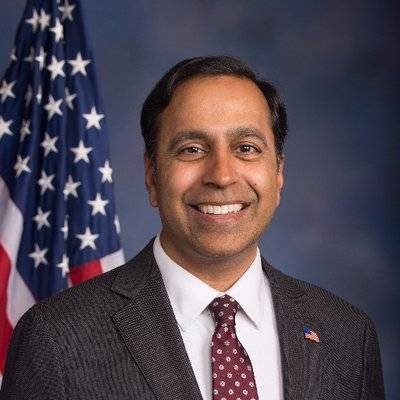The North Atlantic Treaty Organisation for the first time in its history recognised China’s “stated ambitions and coercive policies” as a threat to the alliance’s interests…reports Asian Lite News
The North Atlantic Treaty Organisation (Nato) on Wednesday for the first time in its history recognised China’s “stated ambitions and coercive policies” as a threat to the alliance’s interests, security and values in a sign of the rapid shift in European geopolitical attitudes.
While remaining open to engaging with China, Nato also said that all allies will work together to address the “systemic challenges” posed by China to Euro-Atlantic security, boost shared awareness, enhance resilience and preparedness, and protect against China’s “coercive tactics and efforts to divide the alliance”.
The much-anticipated strategic concept, the first since 2010, was released during a historic Nato summit in Madrid that saw the participation of Australia, Japan, New Zealand and Korea.
Long dismissed as a relic of the Cold War, and torn by divisions between the US and Europe in recent years, Nato, under President Joe Biden’s presidency, has assumed a central role in supporting Ukraine and building a united front against Russian aggression. In the process, the gap between the US and Europe on China – accused repeatedly of supporting Moscow – has also been partially bridged.
Defining the alliance’s three core tasks as “deterrence and defence”, “crisis prevention and management”, and cooperative security”, the strategic concept’s main focus is on Russia — an immediate security challenge for European member states of Nato.
The document says that Euro-Atlantic area is not at peace, holds Russia responsible for the violation of norms that kept European security order stable, and factors in the possibility of an attack on a Nato member’s sovereignty and territorial integrity.
“Strategic competition, pervasive instability and recurrent shocks define our broader security environment,” it said.
The concept then moves on to authoritarian actors, saying that they challenge “our interests, values and democratic way of life”.
They are investing in sophisticated conventional, nuclear and missile capabilities; seek to “exploit the openness, interconnectedness and digitisation of our nations”; interfere in democratic processes and institutions; conduct “malicious activities in cyberspace and space”; and promote “disinformation campaigns, instrumentalise migration, manipulate energy supplies and employ economic coercion,” it added. These actors also undermine multilateral norms and institutions and promote authoritarian models of governance, it further claimed.
While the Nato framed Russia as posing the “most significant and direct threat” to the security of allies, and said the alliance will continue to Russian threats in a “united and responsible” manner, the big departure in the document is on China.
Nato’s strategic concept states that China employs a broad range of political, economic and military tools to increase its global footprint, “while remaining opaque about its strategy, intentions and military build-up”.
It says that China’s “malicious hybrid and cyber operations and its confrontational rhetoric and disinformation” target Nato allies and harm its security, and warns against China’s quest to “control key technological and industrial sectors, critical infrastructure, and strategic materials and supply chains”.
The concept also accuses China of using its “economic leverage” to create strategic dependencies and enhance its influence; of striving to “subvert the rules-based international order, including in the space, cyber and maritime domains”.
In the backdrop of the February 4 joint statement between Russia and China, pledging a no limits friendship, Nato also noted the deepened strategic partnership between the two countries and what it called their “mutually reinforcing attempts to undercut the rules-based international order” as counter to Nato’s values and interests.
Nato has said it remained open to “constructive engagement” with China, but will work to guarantee the defence and security of allies.
China protests Nato’s move
China is fiercely protesting attempts by Nato to define it as a “systemic challenge.”
As its strategic rivalry with the US intensifies, China would find its room to maneuver severely constrained if Europe assumes a stance of clear opposition.
On Tuesday, Beijing made use of numerous diplomatic channels to denounce the moves by Nato.
“China and Europe are partners rather than competitors, let alone systemic rivals,” State Councilor and Foreign Minister Wang Yi was quoted as saying. “China will continue to follow the path of peaceful development, and develop new systems for a higher-standard open economy,” he added.

Noting that “some differences between the two sides also affect the sound development of China-EU relations from time to time,” he stressed that “the EU should form a more objective and correct perception of China’s development direction.” Zhang Jun, China’s permanent representative to the UN, said Beijing “pays close attention to NATO strategic adjustment,” and is “deeply concerned about the policy implications of its so-called ‘Strategic Concept.’”
ALSO READ-It would be disgusting to see Boris ‘naked’: Putin


